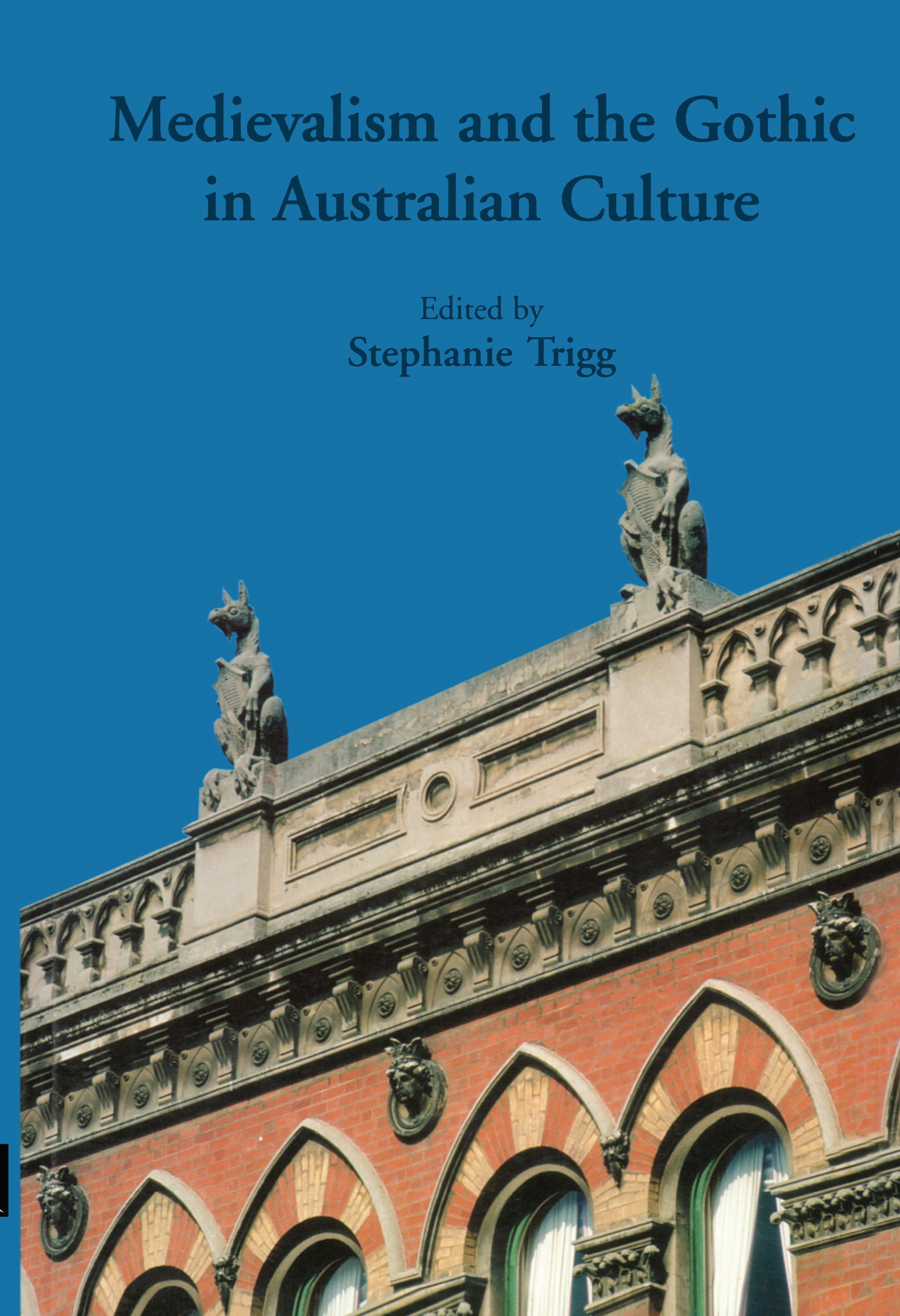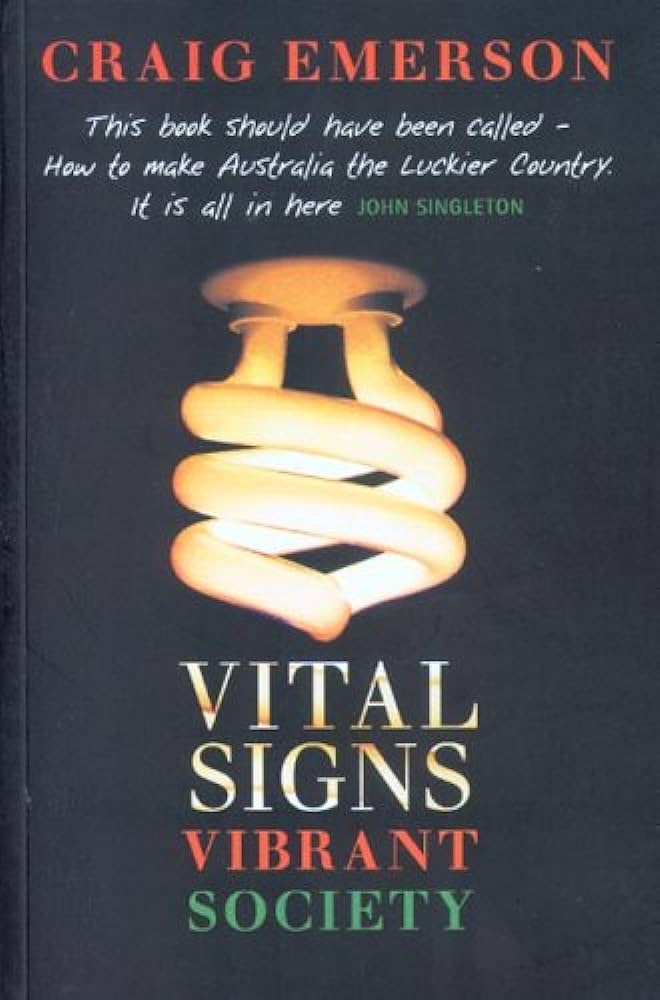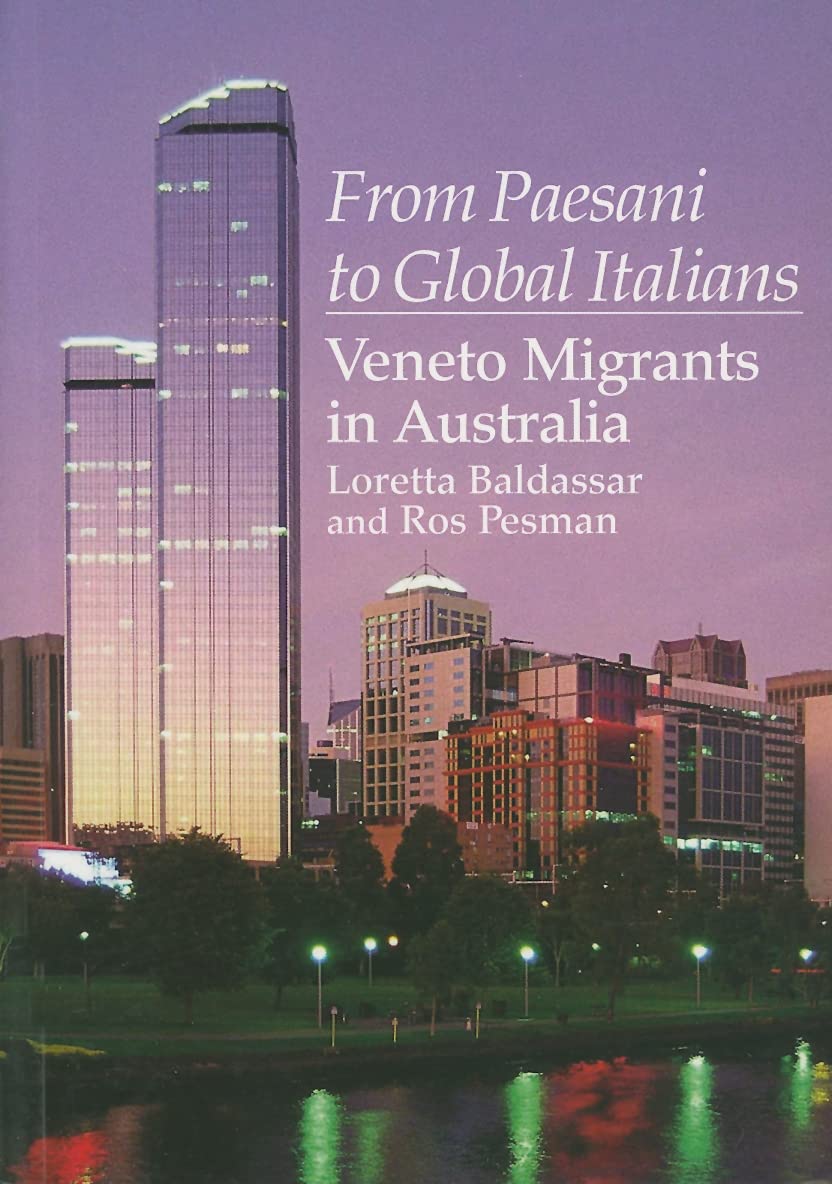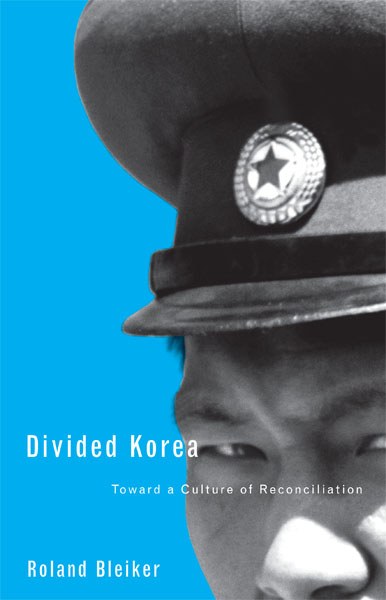Non Fiction
Medievalism and the Gothic in Australian Culture by Stephanie Trigg
by Gregory Kratzmann •
Left Bank Waltz: The Australian bookshop in Paris by Elaine Lewis
by Carol Middleton •
Socialist Champion: Portrait of the gentleman as crusader by John Barnes
by Grant Bailey •
From Paesani to Global Italians: Veneto migrants in Australia by Loretta Baldassar and Ros Pesman
by Judith Armstrong •
History has never been so much fun,’ says the blurb of one of the books reviewed below. Welcome to the twenty-first century. Work is fun. History is fun. Writing is fun. Writing history must therefore be really fun!
... (read more)Behind the News: A Biography of Peter Russo edited by Prue Torney-Parlicki
by Grant Bailey •
Divided Korea: Toward a culture of reconciliation by Roland Bleiker
by Anthony Burke •









